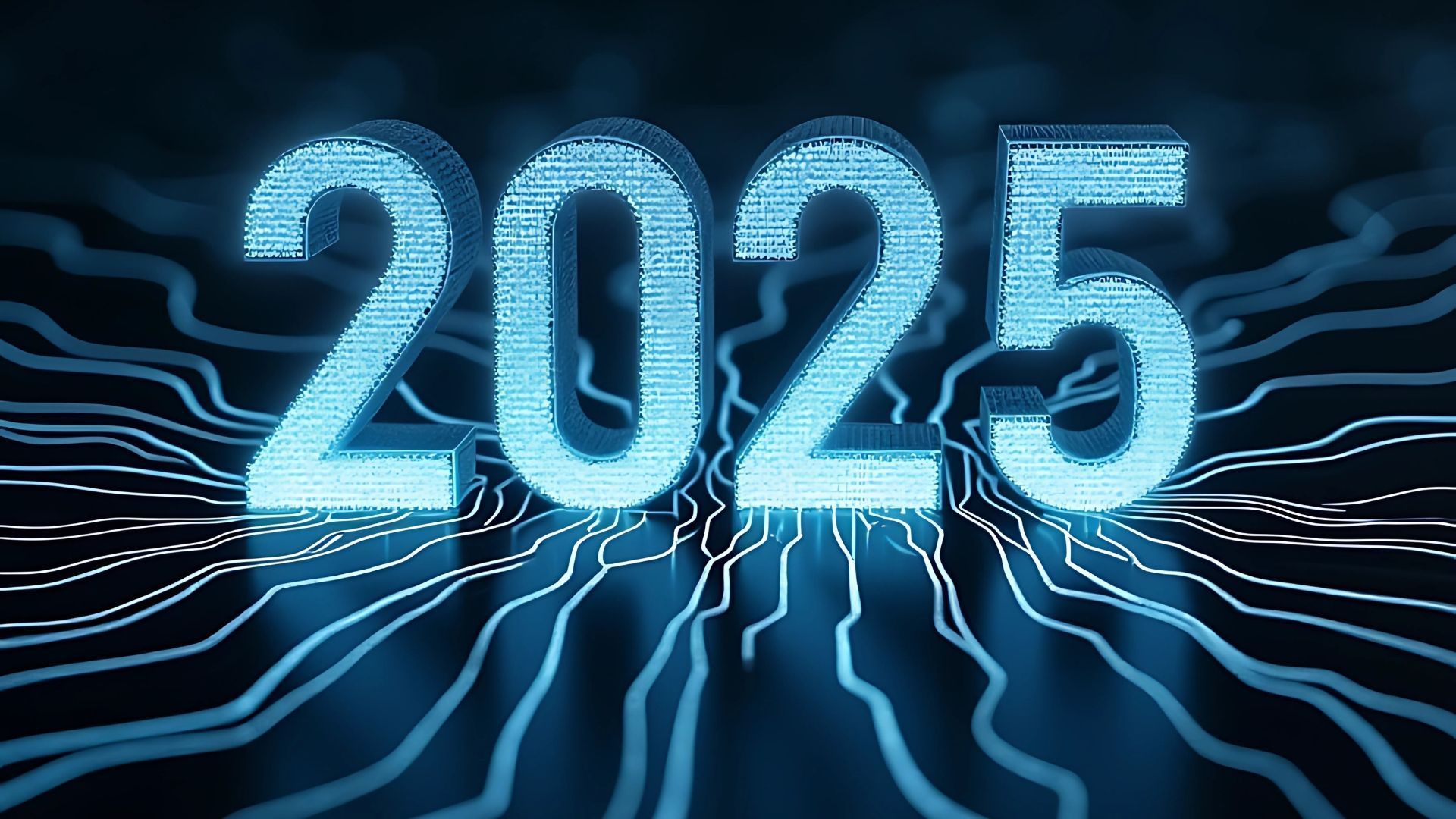Cloud technology trends for 2023
What cloud technology trends can we expect to see in 2023? Click through to learn about everything from cybersecurity to video games.
Recent years have seen the mass adoption of cloud solutions by companies across the globe. This process has been accelerated by the growth of hybrid working both during and since the pandemic.
Businesses aren't just turning to the cloud for bigger, better storage – they're also using it for wholesale virtualisation of their networks. And with developments in AI (artificial intelligence), ML (machine learning) and XR (extended reality), 2023 is likely to be another big year for the cloud.
But before we break down some predicted trends in cloud technologies for 2023, let's get to grips with some facts and figures – in particular, the cloud's market share and how it could be affected by choppy economic waters.
Crunching the numbers
Technology research firm Gartner has
predicted that global spending on public cloud services will grow by 20.7% in 2023 – bringing its market share to just under $600 bn. That's an increase on 2022's 18.8% growth forecast.
This increase is expected to apply across the board to all cloud services. That includes:
- Cloud business process services (BPaaS)
- Cloud application infrastructure services (PaaS)
- Cloud application services (SaaS)
- Cloud management and security services
- Cloud system infrastructure services (IaaS)
- Desktop-as-a-service (DaaS)
As more and more businesses migrate to the cloud, spending on IaaS is highly likely to keep growing.
However, there are inflationary pressures on IT spending which could impact growth. If cutbacks are made, they're likely to affect cloud spending – as that's now often the biggest slice of the budgetary pie.
According to Gartner, it's sectors that require high-wage, high-skilled staff – PaaS and SaaS in particular – that could most feel the pinch. Even so, they're still expected to grow – PaaS by 23.2% and SaaS by 16.8%.
Whatever the economic realities, it's highly unlikely that overall spending on cloud computing will decrease – partly because of the subscription model of many cloud vendors.
Trend one: developments in cybersecurity and threat detection
Mass migration to the cloud is bringing huge benefits to companies, but it also exposes them to novel cybersecurity threats.
This alone will lead to an increase in spending on cybersecurity. But this increase will also be driven by legislation on how you can store and use personal data.
Companies don't want only to protect data, minimise disruption and maximise customer retention – they also want to avoid being slapped with a hefty fine in the event of an avoidable data breach.
We're also likely to see more and more AI and predictive technology used in threat detection. Machine learning has the potential to do away with human error while also unlocking cost savings.
Alongside AI and ML, we're likely to see more investment in security-as-a-service in 2023.
Trend two: more uses for AI and ML
AI and ML aren't only going to be used in cybersecurity and data protection. Many cloud services are relying on them for other tasks – everything from network management to regulating the temperature in data centres.
Trend three: more multi-cloud solutions
Multi-clouds are already the default, with many businesses running operations across several cloud providers. This will continue to grow in 2023.
This is partly down to the wishes of businesses. They want the freedom to pick and choose the best cloud services for different uses.
And tech companies are responding. We've already seen Oracle Database strike deals with Microsoft and AWS – and
Google Cloud could be next in line.
The continuing adoption of multi-cloud solutions will also affect app development. We're likely to see an increase in containerised applications – apps that can be moved from platform to platform quickly and easily. This will be music to the ears of enterprises who want to be able to pick and choose based on service levels and cost efficiencies.
Related to this will be a boom in cloud-native apps and systems like Kubernetes which deploy, scale and manage containerised applications.
Trend four: low-code and no-code cloud services
A burgeoning development in web design is RAD – rapid application development. This allows non-specialists to build apps with platforms that require either "no code" or "low code".
It's not a million miles from a graphic design service like Canva, which allows anyone to create images with templates and drag-and-drop tools – only this is for websites and apps.
No-code development is 100% visual. It's built around drag-and-drop and point-and-click. Low code, on the other hand, has all of these features plus the ability to script code.
And these solutions are even available for
artificial intelligence – lowering the barrier to entry for any wannabe developer.
This step forward in the democratisation of dev is likely to gather pace in 2023.
Trend five: cloud gaming
The cloud has changed the way we consume media – whether it's bingeing boxsets on Netflix or wrestling with the Steely Dan discography on Spotify.
Now it's video gaming's turn. Video game streaming has been on the market for three years and now Xbox, PlayStation, Nvidia and Amazon all offer versions of the service – albeit at high prices.
In 2023 we're likely to see further advances in cloud gaming, in particular the advent of cloud-built games. This was trailed by Google with their ill-fated Stadia project – but the dream isn't dead, with both Xbox and Ubisoft focusing on cloud-native game development.
To take one example, Hideo Kojima – the mind behind games like Metal Gear and Death Stranding – has
announced a partnership with Xbox to produce a cloud-powered game.
And with the rollout of 5G and the slow emergence of the Metaverse, game streaming is likely to become an important trend in 2023 and beyond.
Conclusion
Despite economic pressures, 2023 is likely to be another year of mass migration to the cloud – and widespread innovation within it, from multi-cloud security to containerised applications, from low-code and no-code to video game streaming.
At Ascend Cloud Solutions, we know the VMware software suite like the back of our hand – and have over 400 successful cloud migrations under our belt. If you're looking for
cloud migration support , please don't hesitate to
get in touch.












